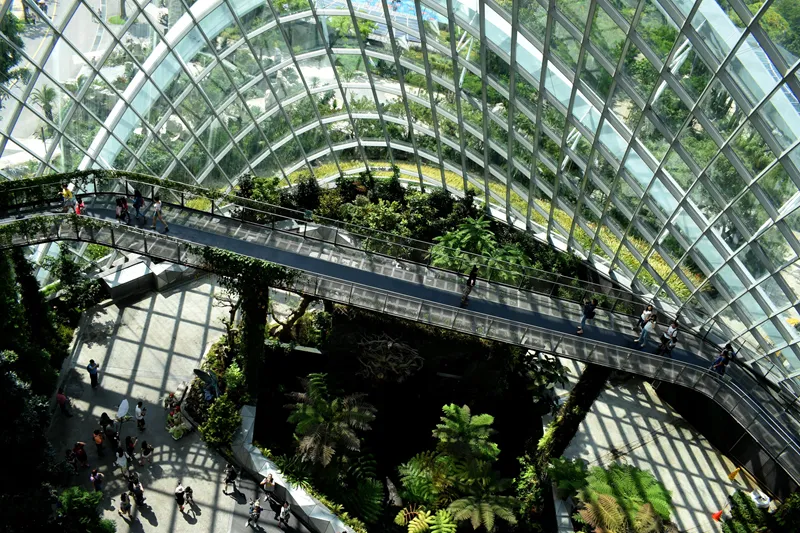 Annual Impact Review 2024
Annual Impact Review 2024
Within our three overarching impact themes, sustainable planet, healthy people and resilient society, we see several key megatrends with the potential of continued impact on businesses, the planet and society. These megatrends act as driving forces that encourage initiatives aimed at solving important global challenges and they all address the ambitions stated by the 17 SDGs.

Resource effiency & circularity
Our increasing material consumption drives the demand and competition for scarce natural and critical resources. At the same time, global waste mass increases, of which a third is not managed in an environmentally safe manner. We are still landfilling more than we are recycling. Solutions promoting eco- design, waste prevention and reuse, recycling, and advanced materials, will be required.

Clean & efficient energy
Currently, we still rely heavily on fossil fuels. Increasing energy efficiency and renewable energy production are needed to decouple economic growth from negative climate impacts. A strong focus will be required on decarbonizing sectors and industrial processes using sustainable technologies in order to meet climate targets.

Sustainable food & ecosystems
Unsustainable production practices driven by increasing demand lead to water pollution, threaten human health, limit food production, reduce ecosystem functions, and hinder economic growth. Changing values, more sustainable lifestyles and new technologies will promote more sustainable agriculture, forestry and fisheries.

Health & wellbeing
While we have benefited from good progress in health and wellbeing, vulnerabilities to pandemics and other health related challenges still remain. The increasing burden of more lifestyle and age-related diseases and the pressure of an aging population on health systems will require investment in treatments and technologies for an inclusive, resilient and efficient health system.

Longlife Learning
Many studies show widening gaps within the education system related to socio-economic factors, the changing nature of work and related technological, digital and even classic skills shortages. There is a need for people to be educated for longer and with new learning methods.

Inclusion & equality
We face increasing income inequalities where more inclusive solutions to prevent socio-economic segregation and promote equality will be needed. Economic empowerment and services in the form of financial and social inclusion will be instrumental in addressing the access and affordability gap across developed and developing markets.

Resilient & sustainable communities
The world is becoming increasingly urbanized resulting in overburdened infrastructure services, worsening air quality and need for sustainable mobility. Safe, sustainable and resilient infrastructure will call for smart solutions that address these challenges.

Good governance & security
Shifts in global governance are presenting a diverse range of global societal, technological and economic risks such as cybercrime, terrorism, financial crises, digital inequalities, human trafficking and natural resource crises. These risks make it increasingly important to protect critical societal services within transport, energy, water, health and finance, as well as establish secure, transparent and sustainable supply chains.
